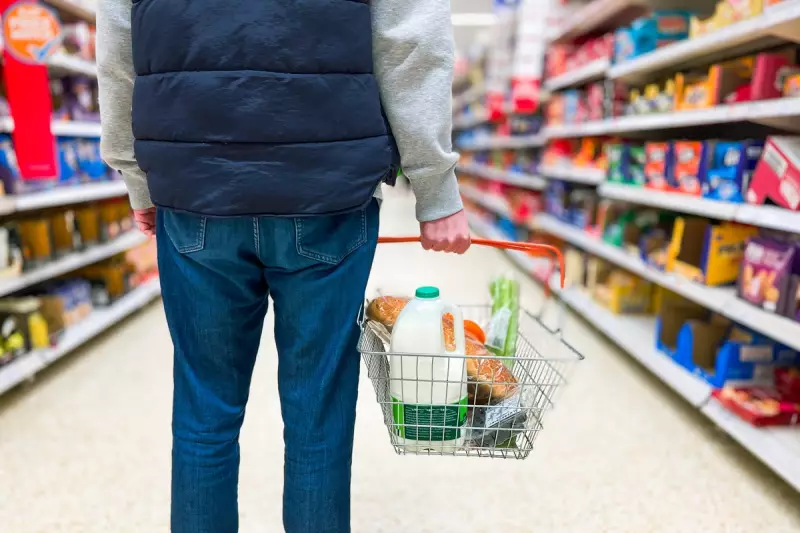
British families are facing mounting pressure on their household budgets as weekly food shop costs continue to climb at an alarming rate, according to the latest industry data.
Staggering Price Hikes Across Essential Items
New figures from the British Retail Consortium and NielsenIQ reveal that food inflation accelerated to 15.7% in the year to April, up from 15% in March. This marks the highest level since the tracking began in 2005, creating what analysts are calling a "perfect storm" for consumers.
The most dramatic increases have hit everyday essentials that families can't avoid purchasing:
- Milk, butter and cheese seeing some of the sharpest price rises
- Sugar costs surging due to global supply constraints
- Staples like bread, eggs and meat becoming significantly more expensive
The Real Impact on Household Budgets
"The cost-of-living crisis is far from over," warned Helen Dickinson, Chief Executive of the British Retail Consortium. "While overall shop price inflation eased slightly to 8.8% from 8.9% in March, food prices continue to climb relentlessly."
Shoppers are responding to the financial pressure by making significant changes to their buying habits. Many are trading down to cheaper alternatives, buying in smaller quantities, and cutting back on non-essential items.
Why Are Food Prices Still Rising?
Several factors are contributing to the ongoing supermarket squeeze:
- Soaring energy costs affecting production and transportation
- Higher agricultural expenses including animal feed and fertilizer
- Continued supply chain disruptions
- Poor harvests in some European countries affecting availability
Mike Watkins, Head of Retailer and Business Insight at NielsenIQ, noted that "the high cost of living continues to be top of mind for most households," with nearly half of all families feeling severely impacted by the financial pressures.
When Will Relief Come?
While some economists predict that food inflation may begin to ease later this year, there are few signs of immediate relief for stretched households. The ongoing situation means that difficult choices at the checkout are likely to continue for the foreseeable future.
As one retail analyst put it: "The weekly shop has become a painful reminder of how much the economic landscape has changed for ordinary British families."





